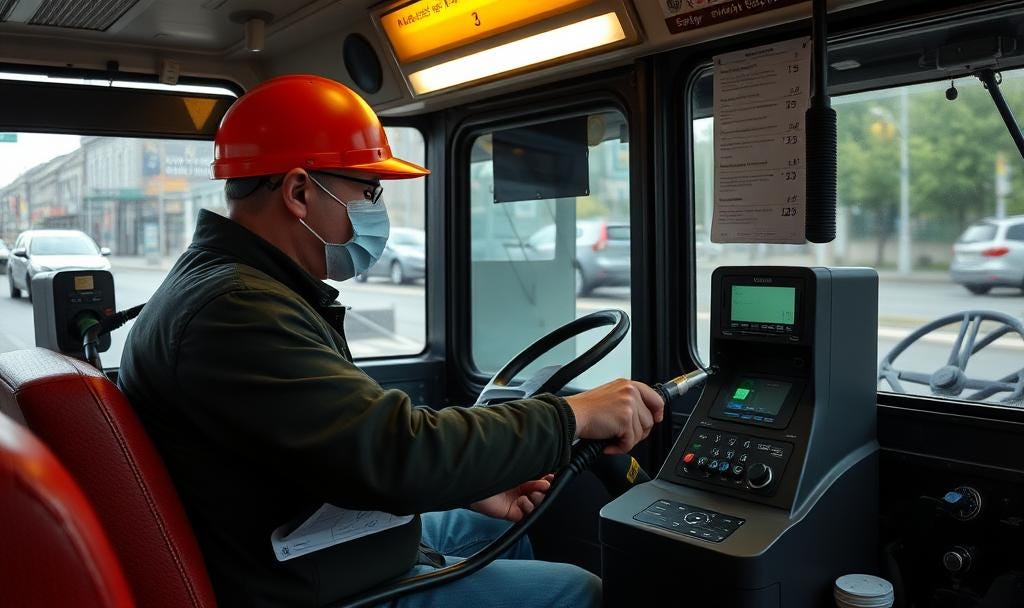Building Trust in the System: A Call for Fairness and Accountability
Recently in Japan, a seemingly small case shook the moral conscience of a nation. A public transportation driver was found guilty of embezzling an amount equivalent to just USD 7. While the amount was minuscule, the consequences were significant. One of the key penalties he faced was being stripped of his pension rights. The case went through various levels of judicial scrutiny. While an appellate court reversed the lower court's decision, the Supreme Court ultimately upheld the punishment, stating that the issue was not about the money, it was about public trust and accountability.
This case powerfully illustrates why countries like Japan continue to enjoy a high degree of public trust in their systems. It's not because they are free of problems, but because they uphold the principle that no one is above the law, no matter how minor the violation may seem. Accountability is non-negotiable, and public service is treated as a position of immense responsibility and ethical conduct.
Contrast this with Nepal, or many other developing nations, where the rule of law is often enforced selectively and inconsistently. Here, justice is not blind, it has a watchful eye on one’s status, connections, and influence. The concept of equality before the law is eroded every day in subtle and overt ways.
Take, for example, the arbitrary use of handcuffs by the police. Some individuals are paraded in chains before the media, while others, often those with political, economic, or social influence, are treated with undue respect and even leniency, regardless of the charges against them. This discriminatory enforcement of the law does not just damage individual lives, it undermines the very foundation of public trust in institutions.
The VIP culture in Nepal is another glaring example of institutional inequality. At airports, in banks, in government offices, and even at public events, there are separate lines, preferential treatment, and unearned privileges given to people in positions of power. Leaders, bureaucrats, athletes, and business elites often wear this inequality as a badge of honor. It has become normalized, even glamorized. But at what cost?
When ordinary citizens are forced to wait, to plead, or to bribe for services that are their basic rights, while elites glide through systems without resistance, it sends a clear message: fairness is optional, and power trumps principles.
The layers of discrimination stretch across our daily interactions with the system. Visit a public bank, and notice how the staff's tone and attentiveness change based on the customer’s attire or connections. Go to a government office, and see how often people without “access” are made to run from desk to desk. Try filing a complaint in a police station without knowing an officer or a politician, you will feel invisible.
This daily, lived experience of inequality creates a sense of helplessness and alienation. Over time, it fosters cynicism. Citizens begin to believe that the system cannot be trusted, that justice and fairness are privileges rather than rights. And eventually, people stop expecting integrity from public institutions altogether.
For Nepal to grow, not just economically, but ethically and socially, we must start building trust in our systems. That trust will not come from slogans or speeches. It will come from action. It will come when laws are applied consistently, when public servants are held accountable regardless of their position, and when the dignity of every citizen is respected equally.
We must end the culture of impunity and privilege. We need judicial and administrative reforms that make fairness the default, not the exception. Civil society must demand transparency and accountability. The media must highlight both small and large injustices without fear or bias. Education must instill the value of ethical citizenship, and leadership must model what it means to serve rather than rule.
The lesson from Japan is not just about punishing a worker over seven dollars. It is about sending a message that public trust is sacred. Every act of dishonesty, no matter how small, erodes that trust. And every act of accountability, no matter how minor, restores it. Nepal, like many developing countries, has a long way to go in building trust in its systems. But the journey must begin—with courage, clarity, and an unwavering commitment to fairness for all.


